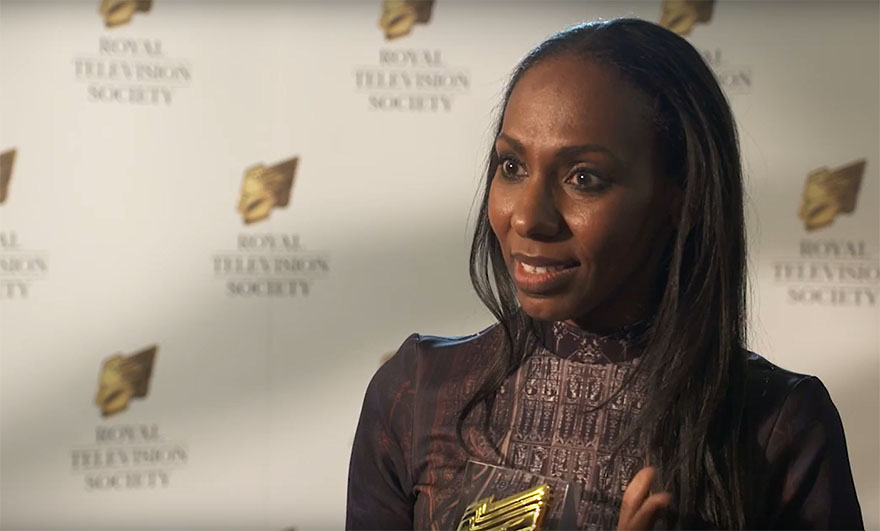NEW YORK | LONDON (INPS | GIN) – The Sudanese-Born Nima Elbagir scooped a distinguished media prize from the Royal Television Society (RTS) February 18 for her work highlighting the human rights plight of children and young people in Africa and beyond.
RTS wrote for the award ceremony last week: “The work of the Specialist Journalist of the Year took this journalist (Nima Elbagir) to some of the darkest and most difficult places to report on in the past twelve months. The judges thought the winner demonstrated great determination and bravery as well as deep humanity. She highlighted the plight of young people moving between continents and had the language skills to follow their journey in a way that no-one else could achieve.”
Nima, who works for CNN Africa, trained in her father’s newsroom in the Sudan. He was a publisher and her mother was the first female publisher in Sudanese history.
Among her assignments were coverage of the Ebola outbreak in Liberia, interviews with girls who escaped the kidnapping in Chibok, and an exclusive story on Yehya Ibrahim, a Sudanese woman sentenced to death for committing apostasy. Her work on this story helped generate the political pressure which eventually led the Sudanese government to grant her a reprieve.
But her prize is bittersweet in the context of the UK’s low marks in media diversity.
Fifteen years since the BBC pledged to reflect “the UK’s diversity in our programs, our services and our workforce” little has changed, observed Simon Albury on the website Open Democracy.
As evidence, he said, a film made to help recruit young talent into the media revealed a wholly white team working behind the scenes at the BBC’s Newsnight.
In the 11-minute film made by the Royal Television Society in December 2015, you meet the presenter, editor, the producers, those attending editorial meetings, those in the production suite, the floor manager and the lighting director. “All those featured are white.”
“It’s important that the BBC actually reflects what’s happening around the country,” Albury said.
The Campaign for Broadcasting Equality says limited progress has been made since former Director General Greg Dyke described the BBC as “hideously white” in 2001.
“The BAME (Black, Asian, and minority ethnic) population is under-represented in terms of BBC employment, it is underserved as viewers and the BBC response has not been proportionate to the scale of the problem.”
Arbury added: “I don’t think BAME communities will continue to allow themselves to be sidelined by the BBC. BAME communities are finding a voice… Politicians of all parties believe there should be better representation of BAME communities so the BBC is going to have to change. The BBC’s lack of urgency on this issue is unsustainable.” . [International Press Syndicate – 23 February 2016]
Photo: Nima Elbagir

